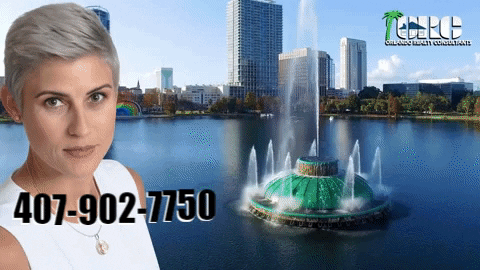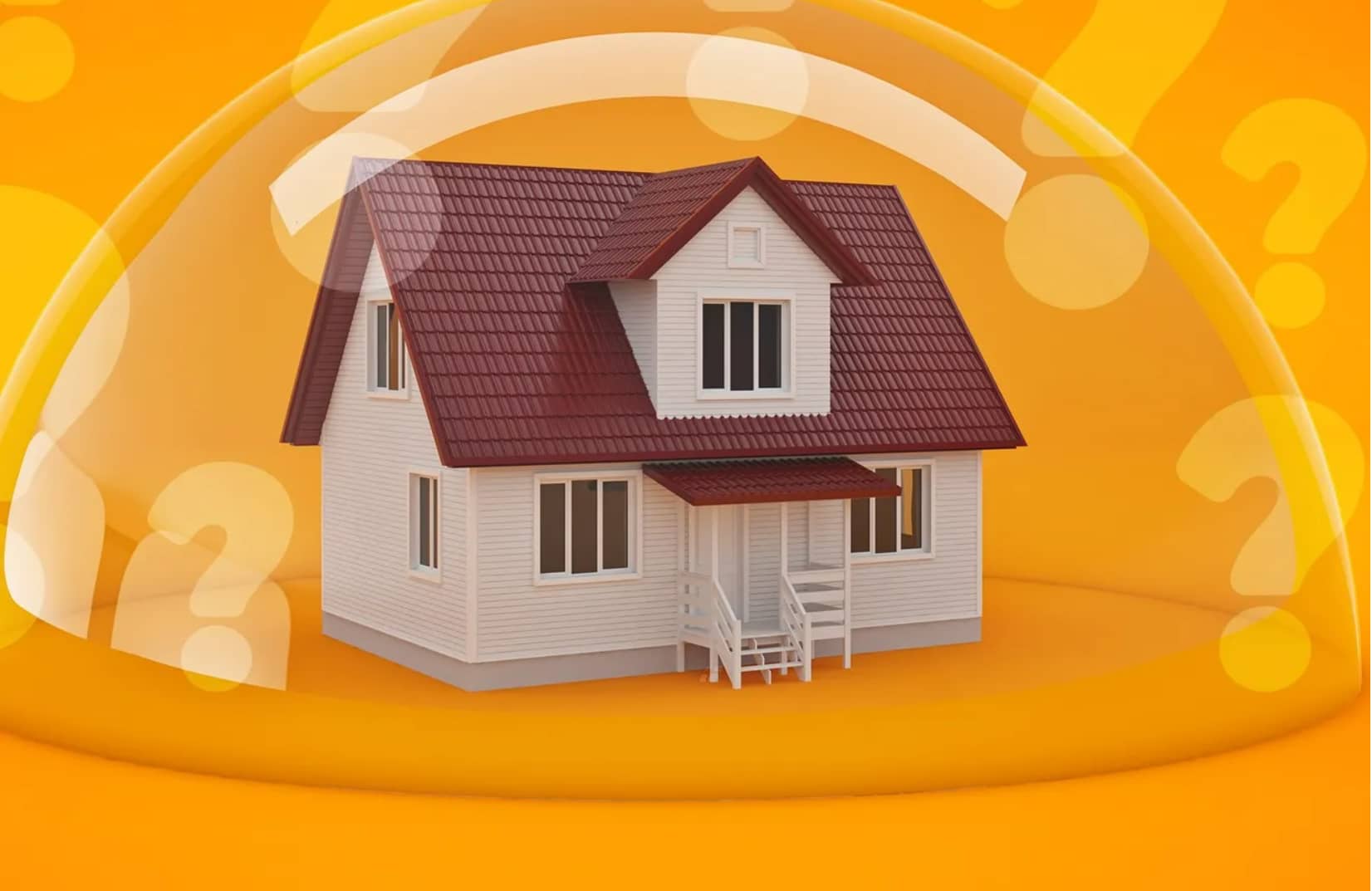Homes in Orlando Continue Going Up in Price
Is the real estate market in Orlando Headed for Another Housing Bubble? There are a few reasons why the answer is yes, but what is the most likely reason? Several factors can lead to a housing bubble, including an imbalance between supply and demand. A housing bubble occurs when the price of homes exceeds the supply, resulting in competition that drives up prices. When a housing bubble breaks, it is often difficult to recover from the shock. Another contributing factor could be the tremendous number of mortgage forbearances that are soon due to expire. However, there are a few steps you can take to protect yourself from a real estate bubble in Orlando.

First, you must remember that a housing bubble will eventually pop, so you can’t wait around to make your purchase. Once the mortgage rates start to rise, your potential mortgage payment will increase. While mortgage rates are at historic lows now, the market may be heading for another bubble soon. In the meantime, properties purchased today will likely continue to appreciate. This is especially true if you plan on living in Orlando for many years.
The rapid rise in home prices does not necessarily mean that the market is headed for another housing bubble. However, it does indicate that speculative activity is growing in the housing market. If home prices continue to rise without any correction, the real estate market could become oversaturated with investors buying homes for the purpose of quickly selling them for profit. This process, known as house flipping, has been increasing in recent months. While it might seem like a warning sign, it’s not a cause for alarm.
While Florida has a long history of housing bubbles, it has been relatively sheltered from them. While there may not be a bubble in Orlando just yet, it has been in other regions of the United States. According to McGrath, nine metro areas in Florida have experienced home price increases of forty percent or more. In most cases, a housing bubble pops when prices begin to cool off.
If the housing market continues to rise, people will start moving farther out and buying smaller homes and fixer-uppers. This will make it harder for those who can’t afford the more expensive homes to become homeowners. Another factor to consider is gas prices. If gas prices continue to rise, people may be reluctant to buy homes further away from their jobs. In these situations, they may decide to rent instead. The result will be another housing bubble in Orlando.
The Orlando real estate market is experiencing major growth, thanks to booming rental income. The city’s population is growing at a rate of 7.2% annually, and it’s projected to hit one million people in 2020. In 2019, there were only 1,923,000 people in Orlando. The rate of growth is even higher than the Bay Area, so this is a positive factor for the housing market. This means that rental prices are increasing in Orlando.
If Orlando’s housing market doesn’t recover, the next bubble may be the one that comes. Home prices in Orlando are rising at a very fast pace, with median prices at $335,000 and the median sold price at $237,000. This means that the housing market in Orlando is a seller’s market. With so little inventory, it is a seller’s market. With this in mind, it’s essential that you protect yourself and your home from a real estate bubble.
While the housing market is growing at a rapid pace, the real estate market in Orlando is growing faster than most other cities in Florida. This has made the area a very attractive investment opportunity for many people from around the world. With its scenic beaches, growing economy, and intercultural connectivity, Orlando is a hotspot for real estate investment. The median home price has increased 14.6% since November 2019. Those who bought real estate in Orlando during the last bubble have realized a return on their investment.
In Orlando, new home construction is hot, with demand outpacing supply and rising costs of construction materials. This is driving new home prices even higher. The new homes sold in April were up 20% year over year, but this price increase reflects the cost of construction materials and the unsustainable price gains. It will likely price some prospective home buyers out of the market. It will likely take more time for the housing market to recover from this new bubble.



